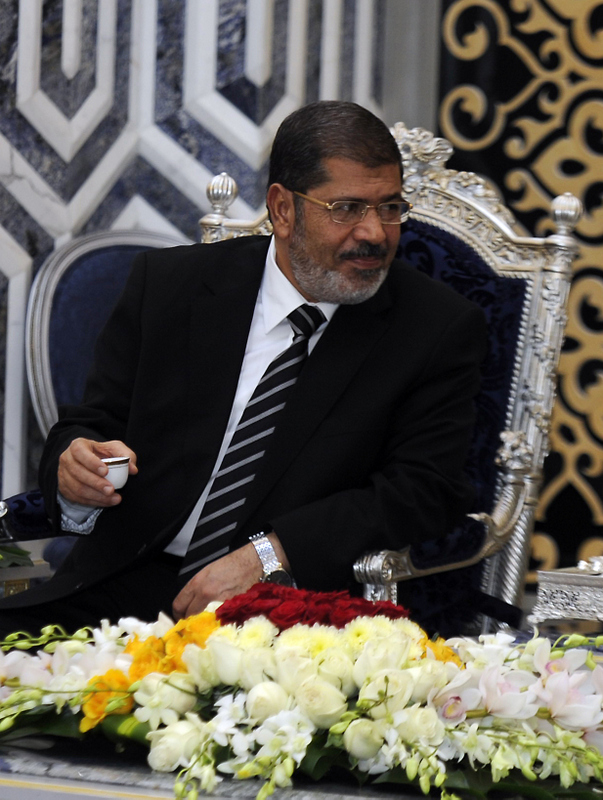LONDON: Prime Minister Ahmed Nazif said on Tuesday the Egyptian government expects to draft an anti-terrorism law within a few months, clearing the way for an end to emergency law in place for a quarter century. President Hosni Mukarak promised during his election campaign last year to replace emergency law with more narrowly targeted legislation, but the government has not yet aired its substitute for emergency law, which Mubarak invoked after the assassination of President Anwar Sadat in 1981. Abolition of emergency law, which enables the authorities to hold people without trial indefinitely, is the main demand of all major opposition groups including the Muslim Brotherhood, the largest opposition force in parliament. We cannot take the risk of not having a legislative environment that would allow us to fight terrorism and combat it effectively, Nazif said in an interview with Reuters. They are both linked. We are now working on that law. We expect to have it out within the next few months, he added. Once it is passed, Nazif said, the state of emergency will be lifted. It will go to parliament, parliament will have to ratify it and then we can end the state of emergency. Nazif, who is in London to attend an Egyptian investment conference, said Egypt still faced threats from militants seeking to destabilize the Arab country.
You need to strike a balance between an individual s human rights and freedoms granted to citizens, and on the other hand be able to do effective investigations on terrorist acts and combat terrorist networks, Nazif said. The prime minister said his government wanted to see stronger opposition parties which could pose an effective challenge to Mubarak s National Democratic Party (NDP). We feel political parties in Egypt need to strengthen themselves a bit more. The ruling party is still dominant in politics in Egypt, Nazif said. Opposition groups say that on the contrary, the government has suppressed liberal secularist groups, to the benefit of the Brotherhood, which the government refuses to recognize. Nazif said he saw a chance that more than one candidate will be able to run in the presidential election in 2011. We are hoping by then (2011) more than one political party in opposition will be strong enough to do this, he said. Because of the severe constitutional restrictions on candidacies, the ruling party s nominee would probably be the sole candidate in any presidential elections held before the next parliamentary elections, expected in 2010. Part of democracy in Egypt is to ensure there is a secular, modern opposition in place within those parties, Nazif said. Reuters


